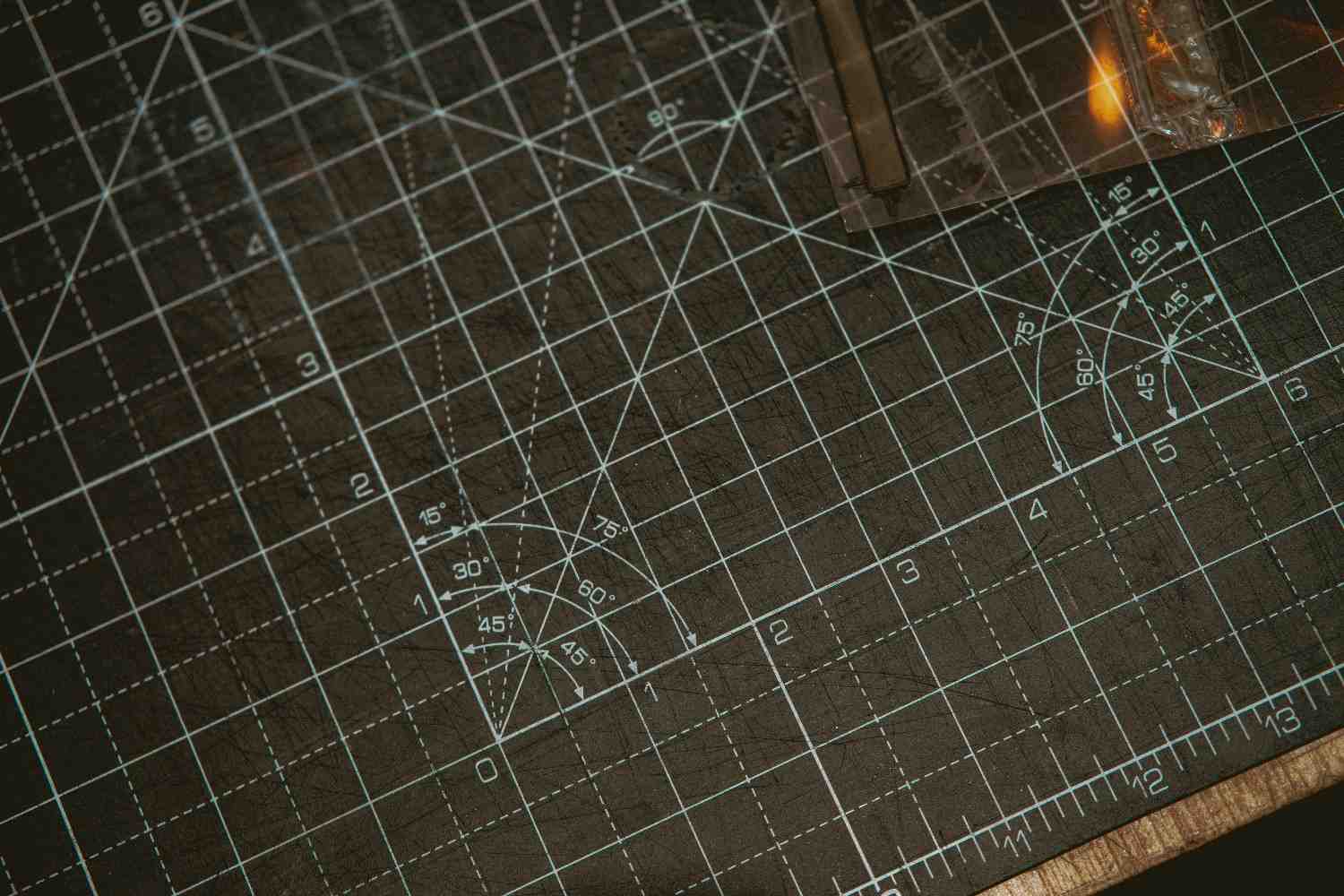Last updated on January 17th, 2024 at 01:13 pm
When we’re looking to install a new boiler, it’s not just about picking the right model; where we place it is crucial. A poorly chosen spot can lead to inefficiencies, inconvenience and even safety hazards.
We’ll dive into the best practices for boiler installation, ensuring you’ve got the know-how for optimal placement. Whether you’re renovating or building from scratch, Warmable has the tips to help you make the right decision for your home.
Why Does Boiler Location Matter?
Selecting the perfect spot for your boiler installation is critical not only for the system’s efficiency but also for the overall wellbeing of those residing in the premises. An ill-placed boiler can become a source of noise pollution, disrupting the serenity of your home. Furthermore, accessibility is key for conducting regular maintenance, which can be hindered if the boiler is located in a hard-to-reach area.
Boiler performance heavily relies on ventilation. Without adequate airflow, boilers can cease to operate at their peak, leading to increased fuel consumption and a rise in utility bills. Moreover, safety regulations require boilers to be installed in areas with sufficient ventilation to prevent the buildup of harmful gases, like carbon monoxide, that pose serious health risks.
Here are a few points that underscore why boiler location is of paramount importance:
- Safety: To minimise the risk of carbon monoxide leakage or fire.
- Efficiency: Proper ventilation and insulation enhance boiler efficiency.
- Maintenance: Easy access is crucial for regular check-ups and repairs.
- Noise Reduction: A quieter location helps in reducing noise transmission.
Regular inspection and servicing of the boiler can extend its life expectancy significantly. Optimal placement also ensures that your boiler operates safely and at maximum efficiency, enabling us to avoid unnecessary repairs and replacements.
What Factors Should I Consider for My New Boiler Placement?
When deciding on the best place for a boiler, several key factors must be taken into account to ensure optimal performance and compliance with safety standards:
- Accessibility is paramount for ongoing maintenance and emergency boiler repairs. We must ensure there’s enough room for a professional to work comfortably around the boiler. This means sufficient space must be allocated, not just for the boiler but also for safe, unobstructed access.
- Ventilation is another critical consideration. Boilers need a constant supply of fresh air to operate efficiently and safely. It’s vital we position the boiler in a well-ventilated area to prevent dangerous gases from accumulating and to support the flame combustion process.
- The type of boiler influences placement options as well. A combi boiler, for instance, may require different spacing compared to a system or conventional boiler due to its size and venting requirements.
- Building regulations should always be adhered to. There are specific guidelines that dictate where a boiler should be placed in relation to windows, doors and interior walls. We need to consult local codes to avoid potential legal issues and ensure we’re following best practices.
- The sound insulation of the selected location is often overlooked. Boilers can be noisy, so placing them in areas where noise is less likely to be a disturbance is beneficial. This is especially important in multi-occupancy buildings, where noise can be a significant nuisance.
- Lastly, we must consider the elevation of the boiler, especially in areas prone to flooding. Elevating the boiler can prevent water damage and ensure continuous operation during adverse weather conditions.
With these factors in mind, we’re better equipped to select a boiler location that balances efficiency, safety, convenience and compliance.
How Do I Choose the Right Location For My Boiler Upgrade?
When selecting the perfect spot for boiler installation, it’s crucial to follow best practices to ensure optimal performance and adherence to safety standards. The location should not only facilitate easy access for servicing but also integrate seamlessly with the existing structure of the home.
Here are key best practices to keep in mind:
- Compliance with Building Regulations: Ensure that the chosen location complies with the UK’s building regulations. This includes keeping a safe distance from windows and doors to avoid flue-related issues.
- Ease of Access: Maintenance and annual checks are quicker and simpler when the boiler is easily accessible. This reduces downtime and potential disruption.
- Adequate Ventilation: Due to the combustion process, boilers need plenty of airflow to operate safely and efficiently. An area with good natural or mechanical ventilation is essential to prevent carbon monoxide buildup.
- Avoidance of Freezing Conditions: Boilers should be placed in an area that’s unlikely to drop to freezing temperatures, as this can cause the condensate pipe to freeze, leading to a shutdown.
In addition to these factors, it’s vital to consider the noise level. Selecting a location with minimal noise transmission to living areas can enhance comfort, especially with high-efficiency models that may operate more frequently. Some ideal locations might be utility rooms or basements, where any operational sounds are less likely to intrude upon daily activities.
With these practices as a guideline, we ensure that our boiler installations offer safety, reliability and longevity. These strategic considerations are a step toward a well-integrated and inconspicuous setup that serves our heating needs while remaining in the background of our everyday lives.
Common Mistakes to Avoid
While selecting the perfect spot for a boiler installation, it’s easy to overlook certain pitfalls that may lead to future complications. We’ve compiled a list of common mistakes that homeowners make, which can help steer you clear of potential issues.
- Ignoring Manufacturer’s Instructions: One of the most prevalent errors is neglecting the guidelines provided by the boiler manufacturer. These specifications are crucial for the safe and efficient operation of the unit and must be followed meticulously.
- Poor Positioning: Another mistake is placing the boiler in an area prone to dampness or external weather conditions. This not only affects the boiler’s performance but can accelerate corrosion and wear.
- Limited Space: When boilers are squeezed into tight spaces, it restricts airflow and makes it challenging to perform routine maintenance or repairs. Ensure there’s ample space around the boiler to facilitate proper inspection and servicing.
- Inadequate Ventilation: Skimping on proper ventilation can lead to a dangerous buildup of exhaust gases, posing a severe health risk.
- Obstructed Access: Opting for an out-of-the-way spot might seem appealing but can hinder accessibility for technicians, leading to higher labour costs and difficulty in emergency situations.
- Overshadowing Aesthetics Over Functionality: While aesthetics are important, they should never compromise the functionality and safety of the boiler. Always prioritize a functional location over one that simply looks good.
By being mindful of these common blunders and prioritising practicality and safety, you can ensure that your boiler functions effectively and has a long service life. It’s about finding the balance between aesthetics, functionality, and compliance with safety standards.
What Is The Impact of Boiler Location on Performance and Longevity?
Selecting the optimal position for a boiler isn’t merely about convenience or ticking regulatory boxes; it also has significant repercussions on the boiler’s performance and lifespan. A poorly chosen location can lead to inefficiencies and a shortened operational life.
- Efficiency: Boilers situated in areas with significant temperature fluctuations may work harder to maintain desired levels of comfort. These conditions can stress the system, causing more frequent wear and tear.
- Proximity to fuel supply: For gas boilers, a shorter distance to the gas meter ensures better fuel pressure and delivery. Similarly, the closeness to an electrical source can affect the performance of electric boilers.
- Temperature Conditions: Areas prone to freezing temperatures pose a risk of frozen pipes, which may lead to cracks and damage. By contrast, a well-insulated and climate-controlled space can preserve the boiler’s components and reduce strain.
| Factor | Impact on Boiler Performance |
|---|---|
| External Temperature Fluctuation | Increased wear and strain |
| Proximity to Fuel Supply | Optimal fuel efficiency |
| Ambient Temperature Conditions | Risk of damage in freezing conditions |
Maintenance access also cannot be overlooked. Boilers hidden away or in cramped spaces challenge not only routine inspections or maintenance but could also discourage regular boiler service, leading to unnoticed issues that can abruptly cut short a boiler’s useful life.
Additionally, considering humidity and ventilation in the chosen location is paramount. Boilers need to ‘breathe’ to ensure combustion and the venting of gases. A location with poor ventilation may lead to dampness, corrosion, and ultimately, system failure.
Conclusion
We’ve explored a number of factors that influence the optimal placement of a boiler. It’s clear that careful consideration is key to enhancing a boiler’s performance and extending its life.
Let’s not overlook the role of professional advice in this process. Let Warmable schedule an on-site visit from an expert boiler engineer in your local area today – fill in our online form now to get started.
Frequently Asked Questions About Boiler Location
What Factors Are Important When Choosing a Boiler’s Location?
Proper ventilation, accessibility for maintenance and repairs, adherence to building regulations, and the type of boiler are crucial factors. Sound insulation and elevation may also be important depending on the situation.
Why Is Accessibility For Maintenance Significant In Boiler Placement?
Accessibility ensures that maintenance and repair work can be performed efficiently and safely, which is essential for the longevity and proper functioning of the boiler.
How Does Proper Ventilation Affect a Boiler’s Operation?
Proper ventilation is essential for the safe and efficient operation of a boiler, as it enables the removal of combustion by-products and the provision of fresh air for the combustion process.
What Role Does Sound Insulation Play In Boiler Placement?
Sound insulation can help to minimise noise disruption to the surrounding areas, which is particularly important in residential settings or when the boiler is close to living spaces.
Why Is It Necessary To Consider Elevation When Installing a Boiler?
Considering elevation is important in flood-prone areas to prevent water damage, and in some cases, can improve the operational efficiency of gravity-fed systems.
How Do External Temperature Fluctuations Impact Boiler Performance?
Boilers located in areas with significant temperature fluctuations may experience efficiency loss and increased wear, affecting their performance and longevity.
Why Is Proximity to Fuel Supply Important?
Boilers positioned close to the fuel supply can reduce the complexity and potential issues with fuel transportation and delivery, ensuring a consistent and reliable energy source.
Can Ambient Temperature Conditions Affect a Boiler’s Lifespan?
Yes, ambient conditions such as humidity and temperature around the boiler can influence corrosion rates and overall wear, impacting the boiler’s efficiency and lifespan.


